The Royal Court’s new topical satire, Word-Play, opens with a gaffe-prone Tory prime minister giving a TV interview in which he commends Enoch Powell’s ‘Rivers of Blood’ speech. The Downing Street press team suffer a meltdown as they struggle to draft an apology or a retraction. Opposition parties try to profit from the blunder and the PM’s words spread across the globe and earn him praise from various authoritarian governments, led by China.
This opening scene makes sense only if the British prime minister is a white male named Boris but the author, Rabiah Hussain, hasn’t troubled to update her script in the light of recent developments. The result is a topical play that feels like ancient history. Hussain seems unaware that Powell’s speech, made in 1968, led to his dismissal from the shadow cabinet by Ted Heath. And apparently no one has told her that Heath was the prime minister who later welcomed Asian refugees after their deportation from Uganda by Idi Amin. Her show prefers the fanciful idea that Powell represents mainstream Conservative politics and she wants to commemorate and even to preserve racism, as if it were a virtue.
The script is arranged as a heap of disconnected sketches that might be performed in any order. There’s a scene in a Romford sitting room involving a couple of Essex dimwits who repetitively praise the ‘wonderfulness’ of Britain. Next, we move to a north London dinner party where four rich migrants of Asian heritage start to swear and scream about Bangladeshi cuisine. Next, the actors sprawl around on bean bags, texting each other and exchanging meaningless remarks. Then, in an interactive scene, three performers eating ice creams take up spare seats in the auditorium and praise the quality of the Royal Court’s confectionary supplier. (Presumably that’s an in-joke for the benefit of the ushers.) It was at this point during a preview performance that two brave audience members broke for the exit and quick-marched across the stage and out into the street.
The moral confusion of this bizarre and outdated show crystallises in a Pinteresque scene set in a Home Office detention centre. A British migrant from east Africa is separated from her baby daughter and subjected to emotional torture by officials who themselves belong to ethnic minorities. After accusing her of terrorist sympathies, they bombard her with questions about English history taken from the ‘Life in the UK’ booklet that helps migrants pass the British citizenship test. What is being suggested by this dotty scene? Apparently that Rishi Sunak and Suella Braverman are ardent Powellites who fill the Home Office with sadistic British migrants and instruct them to harass their fellow ethnic minorities in the name of white supremacism. This clueless production reveals an alarming truth about the Royal Court: no one there knows a thing about Britain’s history or culture, or about the present realities of politics.
Southwark Elephant has received a touring musical about a little-known 19th-century adventuress. Annie Kopchovsky was a Latvian Jew whose family emigrated to America when she was little. In her twenties, already married with children, she was approached by two businessmen who offered her $10,000 to cycle around the world. She promptly abandoned her family and set about winning the cash.
The show covers the highlights of her trip but many of the details are left unexplained. We never discover how the businessmen found Annie or why they offered her so much money to circle the globe on a bike. They refused to cover her expenses, or even to offer her an advance, so she had to earn cash along the way by giving lectures in subjects she knew nothing about. The programme notes fill in the gaps and reveal that Annie was a creative and mercurial character who loved to adopt fictional identities. At various times, she posed as a doctor, a lawyer, a Harvard graduate and a friend of European royalty. This explains the show’s opening scene which is set in the office of a tabloid newspaper where Annie works as a star columnist. From here, the story unfolds in a series of flashbacks but the script ought to have begun at the beginning rather than at the end.
Annie is played by a sensational performer, Liv Andrusier, who embraces the role with a kind of crazed ebullience. It’s impossible to stop watching this huge and radiant performance. Her colleague, Katy Ellis, plays a variety of parts with tremendous skill and panache. The pair seem to have an unspoken understanding and they collaborate like seasoned Vaudevillians who’ve been in the business for decades. It’s rare to see stage chemistry that burns with so much unforced energy. The beautiful sets, by Amy Jane Cook, offer a host of neat devices and visual tricks. Well worth a visit. If you do a bit of homework first, you’ll love this firecracker of a show.
Got something to add? Join the discussion and comment below.
Get 10 issues for just $10
Subscribe to The Spectator Australia today for the next 10 magazine issues, plus full online access, for just $10.
You might disagree with half of it, but you’ll enjoy reading all of it. Try your first month for free, then just $2 a week for the remainder of your first year.

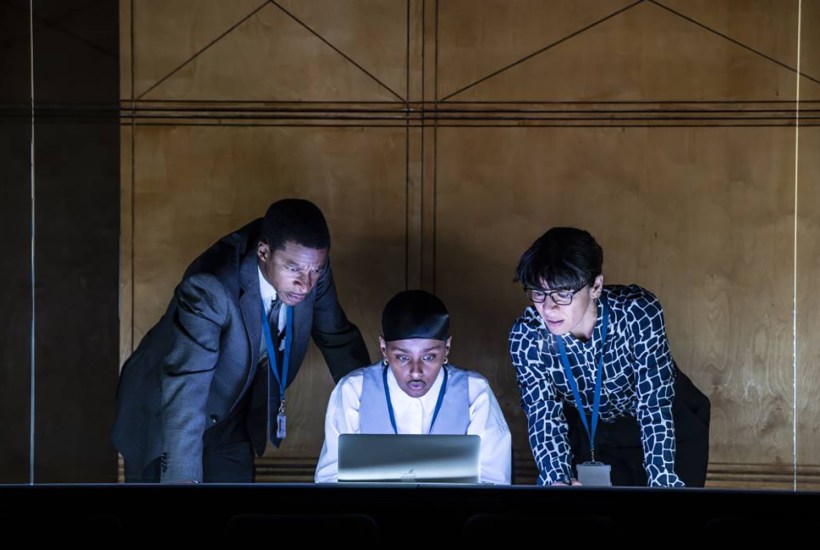
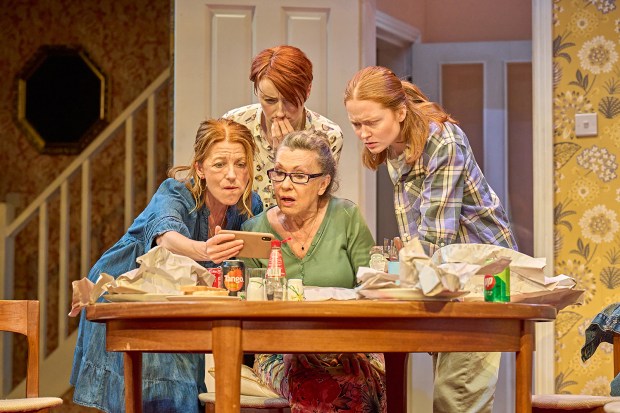
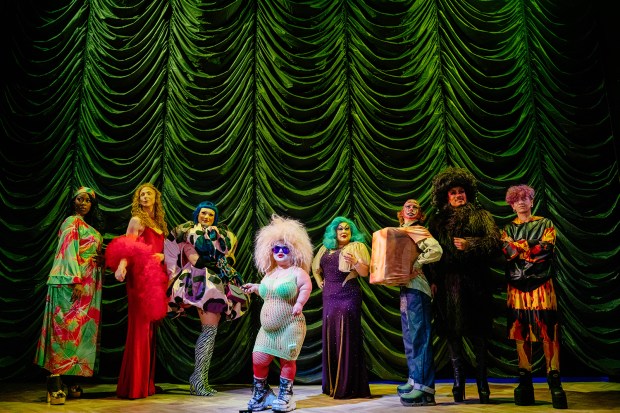

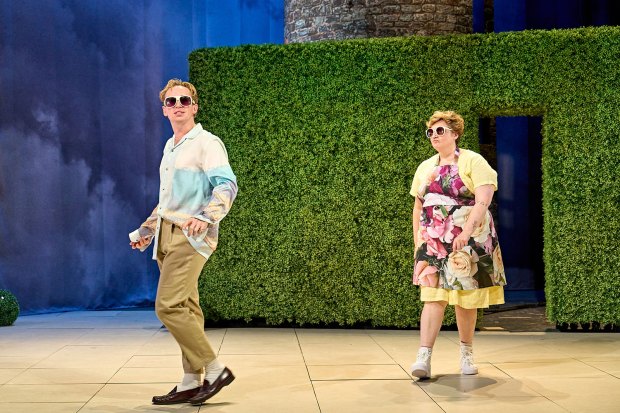
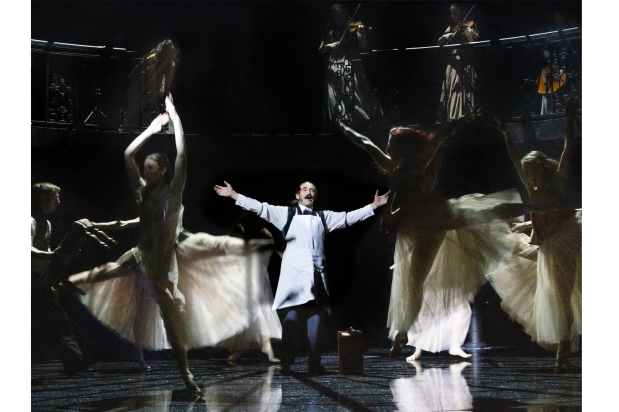







Comments
Don't miss out
Join the conversation with other Spectator Australia readers. Subscribe to leave a comment.
SUBSCRIBEAlready a subscriber? Log in